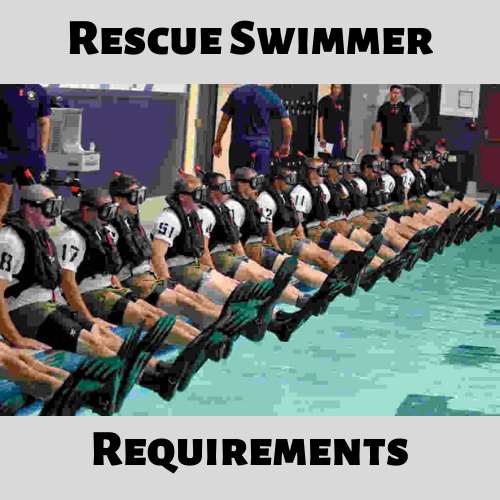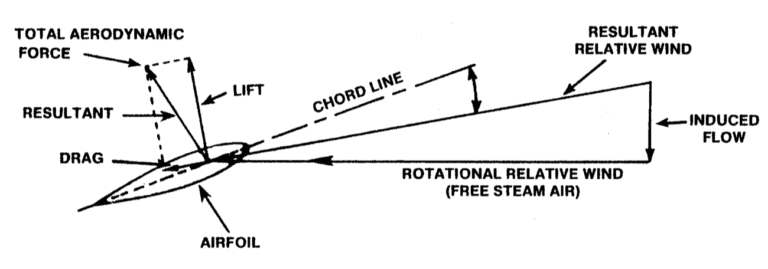Don't miss our flash to bang SALES!
Why The Frontlines Was Created – A Letter
Why The Frontlines Was Created
As a boy, my father told me to be a boxer in life. For every hit, give one back in the form of a selfless act. This guidance has helped me through hardships, by shifting focus from personal ailments to what I can do for others. Following my third tour to the Middle East, my father’s advice was tested two weeks into yet another overseas tour, when I received notification that my 3-year-old son had passed away. Losing a child upsets the natural order of life because a parent is simply never supposed to outlive a child. As a father and man, my only child’s death was a crushing defeat in which I was ill-prepared; no military training or words of encouragement could stop me from the spiraling course of self-destructing shame, guilt, helplessness, and depression that I experienced.
Stifling thoughts of suicide, abandoning the military, and my family for a nomadic and destitute life took more than intestinal fortitude, and simple desire to continue living; it took direction as found by adhering to my father’s second bit of advice, “Every day be the man and father that your son Joshua can be proud of.” His advice taped to my door gave me the missing tool I desperately needed to resurrect myself, chart my course for a continued career in the military, and most importantly begin to once again cherish life. But what if I had not been given that tool? Would I have become part of the 20% of suicides in the United States being a veteran? Or wallowed in my self-pity and found myself as one of the 105,000 homeless veterans sleeping on our streets each night? The cup of suffering is different for all people, but what you do it that suffering is entirely dependent upon the tools you have in your own proverbial toolbox.
Confronted years later by abnormal biopsy results, I was able to transition to serving in an altered capacity without the self-doubt or loss of direction that had previously derailed me. However, this past July I saw an image that changed my life forever. Coming out the front door of Walter Reed Army Medical Hospital was a young soldier, early twenties in his PT uniform, struggling to put his backpack on… he was struggling because he was a dual amputee. As the young man struggled out the door, alone, and passersby’s starring vs. helping, I wondered what is his story? Why are people not helping him? He had obviously given so much to our country and yet there he walked alone, probably facing a discharge and yet with his whole life ahead of him. Is abandoning our men and women of the armed forces what our nation has come to? Where are his tools?
Inspired by this wounded warrior, I created and launched The Frontlines website on Veteran’s Day 2010. The mission of The Frontlines is to empower members of the armed forces, veterans, family and friends through a network that provides resources, education and the ability to creatively share their stories. Having seen first-hand the number of our young soldiers at Walter Reed that are less fortunate, I am reminded of our civic duty to take care of those who have selflessly sacrificed so much for our country. Whether you served in peacetime or war, as an infantryman, sailor, pilot or marine, each and every man and woman that has worn the uniform has a story. And unless those stories are told, they will be forgotten. I believe that good storytelling heals the soul. It is a visceral experience between the storyteller and the audience, that transcends all cultures, beliefs and nations. Through our stories, shared experience, and insight, we can be boxers, and give a hit back in the form of tools to provide a seamless transition from active duty to veteran status.
No medal or mission has filled me with a greater sense of accomplishment than to advocate for veterans by providing filtered resources in the form of a checklist to chart their new direction, and a venue for storytelling as a form of healing. Though the launch of Frontlines is a significant accomplishment, it is only the beginning step to transform our nation through engagement and support of active citizenship. I believe we can bridge the divide between military and civilian cultures, through promoting candid conversation regarding the cost of war to our nation and its protectors. Our brave service members require neither sympathy nor accolades, but rather a supportive environment where voices can be heard in an open, inclusive dialogue. It is only through preservation and education that our nation will remain great, and can we hope our grandchildren understand serving for a cause greater than oneself.


